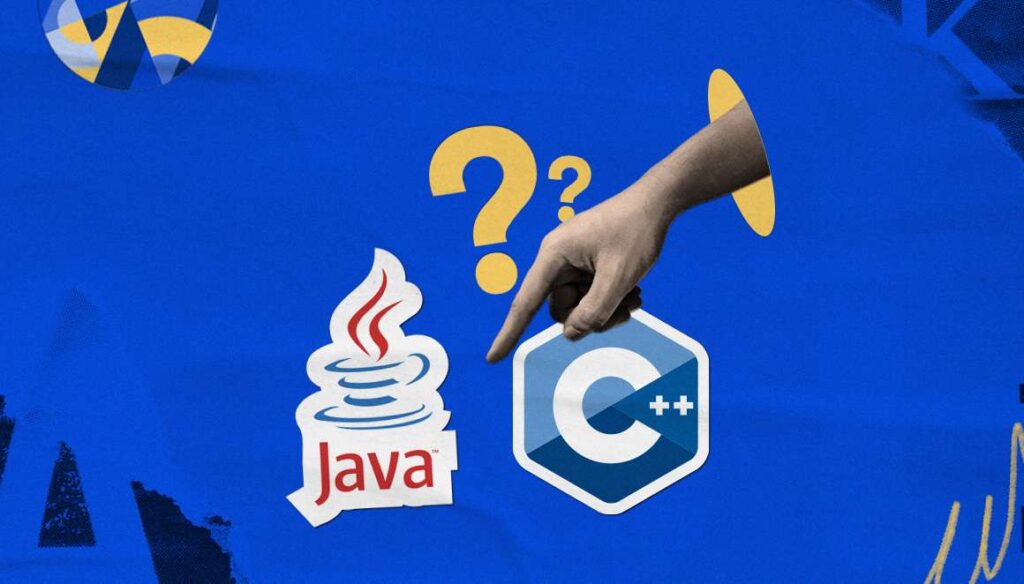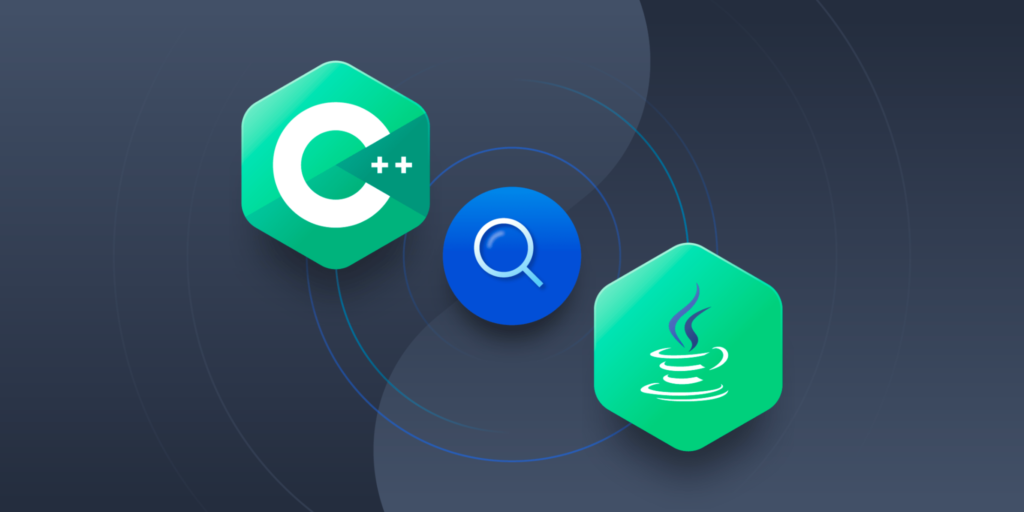Determining which language is more difficult, Java or C++, can depend on various factors, including your background, experience, and the specific tasks you’re trying to accomplish.
C++ is often considered more complex than Java due to its greater flexibility and the fact that it allows for low-level memory management, which can be challenging for beginners. C++ requires a deeper understanding of concepts like pointers, memory allocation, and manual memory deallocation.
Java, on the other hand, abstracts away many low-level details and provides features like automatic memory management (garbage collection), making it generally easier to learn and use compared to C++. However, Java can still present challenges, especially as you delve into more advanced topics like multithreading, concurrency, and Java Virtual Machine (JVM) tuning.
How do Java and C++ syntax and memory management compare?

Java and C++ are both popular programming languages, but they differ in various aspects, including syntax and memory management.
Syntax
Java syntax is often considered simpler and more consistent than C++. It is heavily influenced by C and C++, but it also incorporates concepts from other languages like Smalltalk. Java emphasizes readability and simplicity.
C++ syntax can be more complex and flexible compared to Java. It offers features like operator overloading, multiple inheritance, and templates, which can make code more concise but also more intricate. C++ syntax allows for more low-level control over memory and hardware compared to Java.
Memory Management
Java uses automatic memory management through garbage collection. Memory allocation and deallocation are handled by the Java Virtual Machine (JVM). Developers do not need to explicitly allocate or deallocate memory; instead, they rely on the garbage collector to reclaim memory when objects are no longer in use. This reduces the risk of memory leaks and segmentation faults but can introduce overhead.
C++ offers more control over memory management. Developers can manually allocate and deallocate memory using new and delete operators. While this provides more flexibility and potentially better performance, it also introduces the risk of memory leaks, dangling pointers, and other memory-related bugs if not managed properly.
C++11 introduced smart pointers (e.g., std::unique_ptr, std::shared_ptr), which help manage memory more safely by automating deallocation based on object lifetimes.
What are the differences in learning curves for Java and C++?
The learning curves for Java and C++ can vary depending on several factors, including prior programming experience, familiarity with object-oriented concepts, and the specific learning resources available. However, here are some general differences in their learning curves:
Syntax Complexity
Java syntax is often considered simpler and more consistent than C++. It has a smaller set of language features and enforces certain programming paradigms (such as object-oriented programming) more strictly. This can make Java easier to learn for beginners, especially those who are new to programming.
C++ syntax can be more complex and flexible compared to Java. It offers features like pointers, references, operator overloading, and multiple inheritance, which can be challenging for beginners to grasp. C++’s syntax also allows for low-level manipulation of memory and hardware, adding another layer of complexity.
Memory Management
Java abstracts away memory management through automatic garbage collection. While this simplifies memory management for developers, it also means they may not develop a deep understanding of memory allocation and deallocation.
C++ requires developers to have a deeper understanding of memory management due to its manual memory allocation and deallocation mechanisms. Learning to use pointers, memory allocation operators (new, delete), and managing object lifetimes can be challenging but provides valuable insights into memory management principles.
Tooling and Ecosystem
Java benefits from a mature ecosystem with extensive documentation, tutorials, and community support. Integrated Development Environments (IDEs) like Eclipse and IntelliJ IDEA offer powerful tools for Java development, making it easier for beginners to write, debug, and maintain code.
C++ tooling and ecosystem are also robust but may require more configuration and setup compared to Java. IDEs like Visual Studio, CLion, and Qt Creator provide comprehensive development environments for C++ but may have a steeper learning curve initially, especially for setting up build systems and understanding compiler options.
How do Java and C++ development environments and ecosystems differ?

Java and C++ are both used to make computer programs, but they use different programs to help with coding. For Java, programs like Eclipse or IntelliJ IDEA are used, while C++ relies on programs like Visual Studio or CLion for writing code and fixing mistakes.
When it comes to putting together all the pieces needed to make a program, Java uses tools like Apache Maven or Gradle, while C++ uses tools like CMake or Make. These tools make sure the program works on different computers.
Both Java and C++ have libraries and frameworks that provide ready-made parts to help with different tasks. For example, Java has libraries for making websites or working with data, while C++ has libraries like Boost or Qt for making graphics or cross-platform programs.
If programmers need help or want to share ideas, there are places online where they can do that. Java programmers can ask questions and share ideas on websites and forums, and so can C++ programmers, although there might be fewer places for them to do so.
Final Words
We compared Java and C++. Java is easier to learn with simpler rules and manages memory automatically. C++ is tougher but gives more control over memory and performance. Think about what you want to do and what jobs are available before picking one. Both languages offer cool jobs for people who learn them well!
.
